

If you are one of the many shoppers who make most of their purchases online now, it is important to know what phrases and terms mean before shelling out your cash. Some of the terms used by online retailers can be confusing or simply unclear and you may end up being surprised after it is too late.
So here is a list of popular terms used by retailers that can help you before you decide to make your purchase.

1. Pre-order is a term used when an item is not yet being distributed but can be ordered ahead of time. You can order the item and pay for it right now, but you won’t receive it until it becomes available.
For example, a business may announce their new phone will be available on March 1st with pre-orders beginning on February 1st. This means that you can order it on February 1st, but will not receive it until March 1st at the earliest.
2. Refurbished describes a previously-used item that has been repaired, restored, or renewed in some way. This is a common term used for electronics, mainly smartphones, tablets, and computers.
For example, a consumer may return their tablet to the manufacturer due to cosmetic damage. The manufacturer may then fix the damage and put it up for sale as a refurbished product, but at a reduced price. However, depending on the manufacturer’s reputability, a refurbished product could be as good as new.
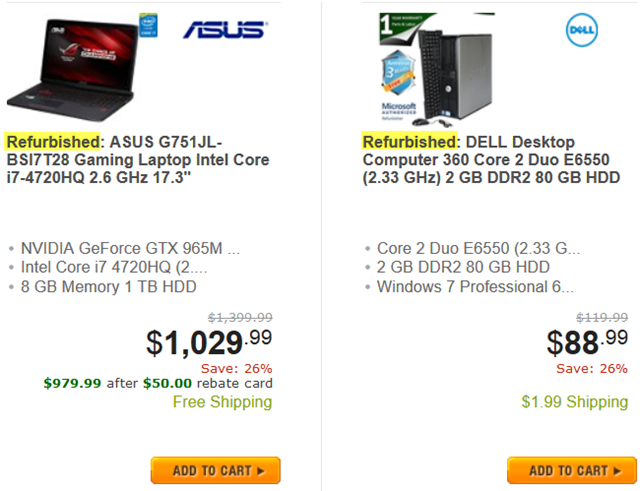
3. Back order (or backorder) is a term used when a product you would like to order, or have already ordered, is currently out of stock.
You may see this term displayed on a product description page or in a message you received from the retailer. This means that the product will become available at a future time and you will receive it once it is back in stock.
4. Online tracking (or order tracking) refers to the ability of consumers to track an order with the carrier, normally using a unique tracking number. Some carriers may also send you updates via text message or email if you prefer.
For instance, the confirmation email for your order may contain a tracking number for a carrier such as UPS or FedEx. You can then visit the carrier’s website, enter that number, and see where your order is in the shipping process and an estimated delivery date.
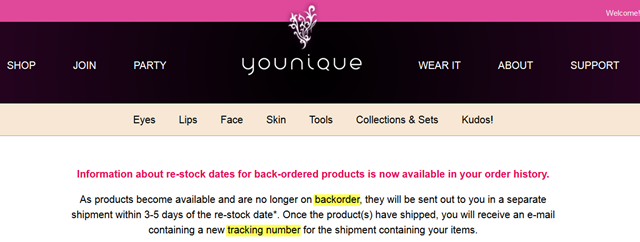
5. Digital download describes a product you may purchase — such as a video game, book, music, or software — that is delivered to you digitally rather than physically. This could be in the form of a PDF document, an MP3, or an installer file. Some online retailers, like Amazon, may offer a digital download in addition to the physical item you are buying.
6. Partial shipment is when you order more than one product from a retailer and the items are shipped separately. For example, if you order shoes, socks, and pants, with a partial shipment you may receive the shoes and socks together, but the pants delivered separately. This is common on sites where items are ordered from different merchants.
7. Mobile payments are payments that are made with your mobile device. Unlike credit cards, debit cards, and checks, mobile payments can be made with a smartphone or tablet as long as you have the relevant app and the merchant accepts it.
Most of the common mobile payment platforms hold your financial information right within the app, making it simple to pay without having to take out your cards or cash from your wallet. And in the future, mobile payments may even be authenticated using selfies.
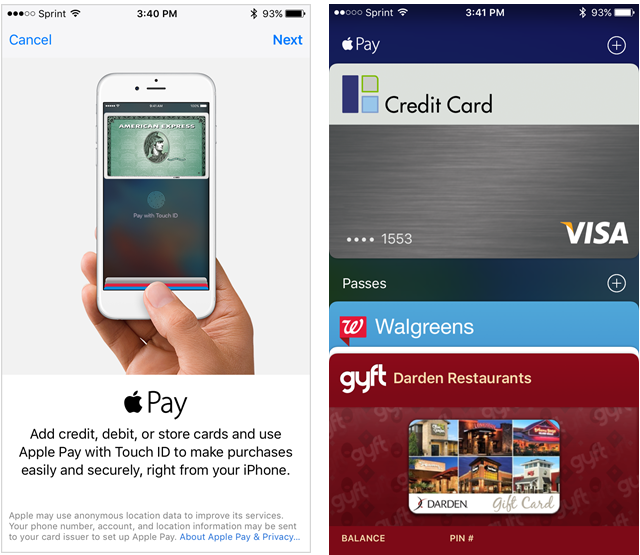
8. Envelope budgeting is a way to limit your spending by putting your money into metaphorical envelopes. You may have envelopes for Clothing, Restaurants, and Entertainment with a specific amount available in each for the month.
As you spend money from each envelope, the amount is deducted and when your envelope reaches $0, you cannot buy anything else from it for the remainder of the month. Services like Goodbudget offer free and paid plans to help you manage your envelopes, which ultimately keeps you within your budget.
9. Bitcoin is a form of digital currency that can be sent electronically from person to person without a bank or clearing house as a middleman. It can be used internationally, and you can buy and sell Bitcoins using world currencies such as U.S. dollars, Euros, and more.
Bitcoin can be used to buy items from online retailers who accept it and provides those retailers with lower fees and less risk of fraud.
10. Authentication is how a website identifies who you are, usually through login credentials (such as username and password). When you enter your login information, the site authenticates that combination before allowing you access to your account.
Since online payment information is usually stored on your accounts, it’s best to adhere to good security practices so that hackers don’t gain access. There’s nothing worse than becoming a victim of identity theft.
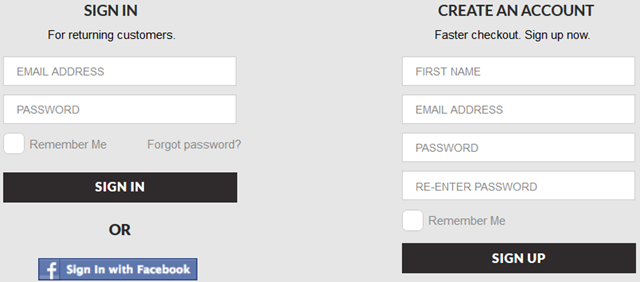
11. Two-factor authentication (or two-step verification) describes an identification process that uses multiple login credentials in order to provide enhanced security.
For instance, a site may ask you for your username/password as the first step, and then send a text message with a security code that you must type in as the second step. This method provides an extra layer of security, making it harder for hackers to break into your account.
12. Live support (or live chat) is a feature you may see while shopping on sites that offer immediate assistance. If you have any questions, concerns, or problems, live support allows you to chat in real-time with a representative right on the website rather than calling them on the phone.
This can be a very convenient way to get help while you remain on the website. Normally if you select this option, a smaller window will pop up where you can begin text chatting with the representative. When the session ends, you would simply close that window and continue shopping.
13. Newsletter is a word you may see when shopping, typically when going through the checkout process. Many stores offer an electronic newsletter that you can sign up for and receive via email on a regular basis.
Newsletters may include company news, but most often contain special deals, sales, and promotions that the store offers from time to time. Some stores even offer an incentive for signing up for their newsletter, such as a one-time discount on your next purchase.

14. Retail therapy is not a technical or merchant term, but a phrase used to describe those who shop to improve their mood. It is not truly “therapy” in the sense that we normally associate the word. However, for those who feel better or happier after a shopping session, you may see this term used for them. It tends to go hand-in-hand with impulse shopping.
15. Discount, coupon, or promo codes are sometimes used interchangeably, but generally refer to a number or letter combination that you can enter on the shopping site in order to unlock special deals. You may receive these types of codes via email from the retailer or even see them displayed when you visit the store’s website.
You may be asked to apply this code up front and are then taken to a specific page for the deal. Or, you may be asked to enter it at checkout time to receive a discount on your purchase.

As technology evolves, new terms in the online shopping world are sure to pop up. Fifteen years ago, the terms mobile payments or live support were unheard of when buying clothes, electronics, or appliances.
So if you shop online regularly, try to keep up with new terminologies to protect yourself from unpleasant surprises. And be sure to check back in with MakeUseOf for some help with that as we will be keeping up, too.
Are there any other online shopping terms that everyone should know? List them in the comments below! I’m sure there are many that we missed or overlooked.
Image Credit: Andrey_Popov via Shutterstock.com
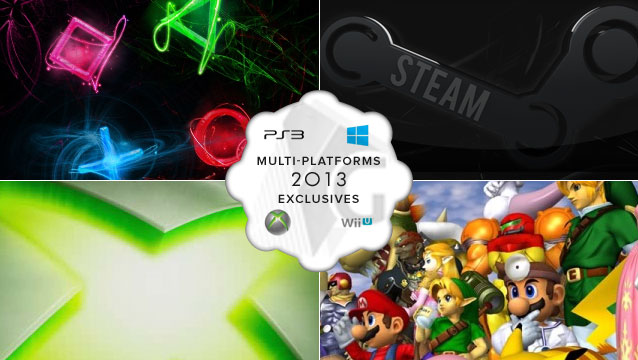

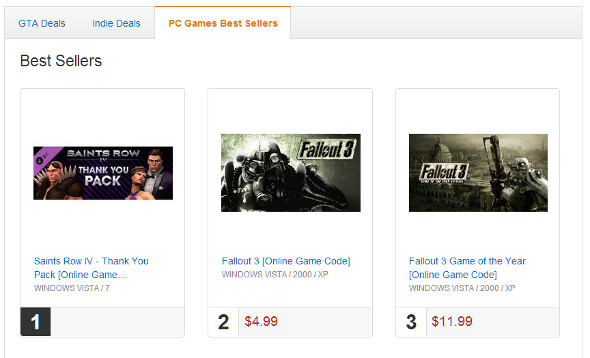

 Assassin’s Creed 4: Black Flag Walkthrough
Assassin’s Creed 4: Black Flag Walkthrough Pillars of Eternity: Temple of Eothas - 1st / 2nd Floor guide
Pillars of Eternity: Temple of Eothas - 1st / 2nd Floor guide Winter Isnt Coming: Why I Dont Believe Skyrim Is Cold
Winter Isnt Coming: Why I Dont Believe Skyrim Is Cold Working Fix for Dark Souls II: Scholar of the First Sin Already in your cart Error
Working Fix for Dark Souls II: Scholar of the First Sin Already in your cart Error Rayman Legends Review (PS3)
Rayman Legends Review (PS3)